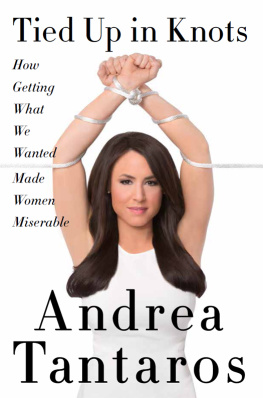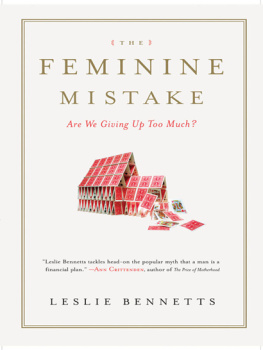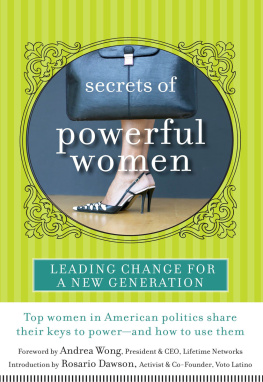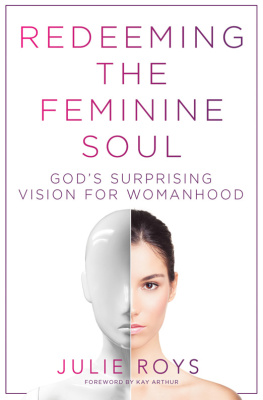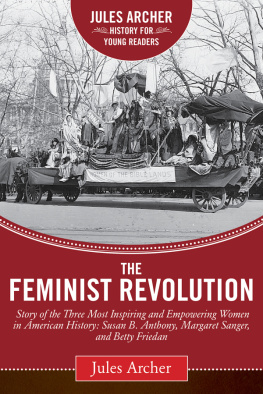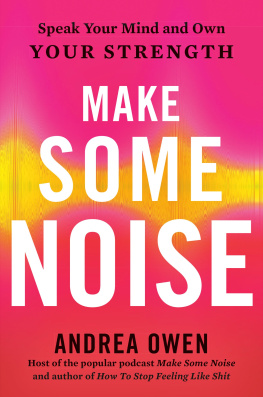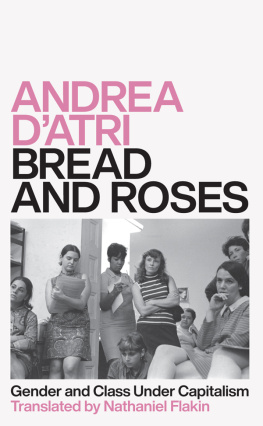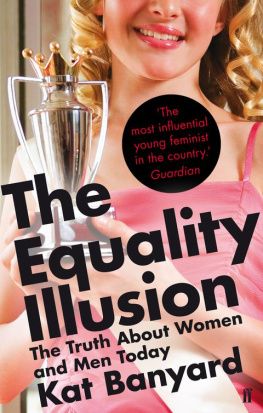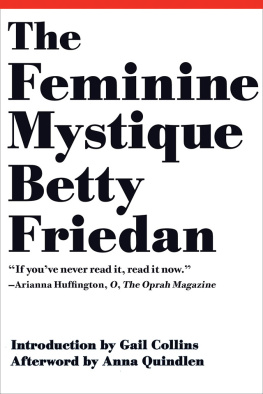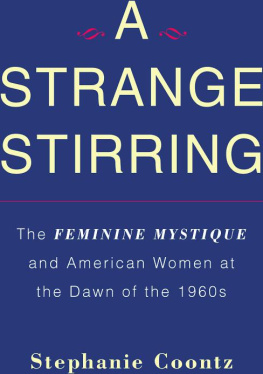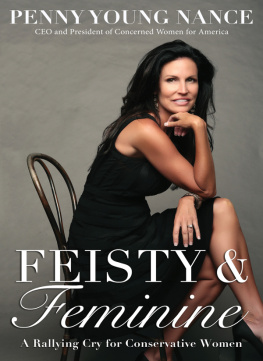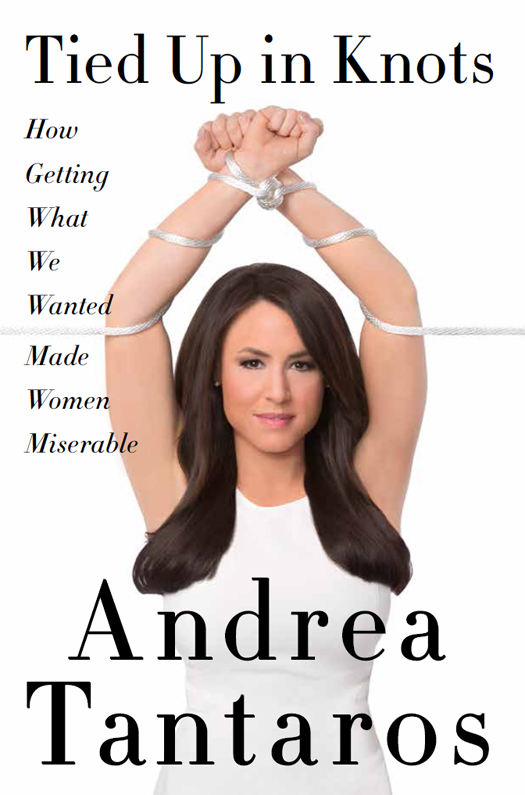Andrea Tantaros - Tied Up in Knots: How Getting What We Wanted Made Women Miserable
Here you can read online Andrea Tantaros - Tied Up in Knots: How Getting What We Wanted Made Women Miserable full text of the book (entire story) in english for free. Download pdf and epub, get meaning, cover and reviews about this ebook. year: 2016, publisher: HarperCollins, genre: Romance novel. Description of the work, (preface) as well as reviews are available. Best literature library LitArk.com created for fans of good reading and offers a wide selection of genres:
Romance novel
Science fiction
Adventure
Detective
Science
History
Home and family
Prose
Art
Politics
Computer
Non-fiction
Religion
Business
Children
Humor
Choose a favorite category and find really read worthwhile books. Enjoy immersion in the world of imagination, feel the emotions of the characters or learn something new for yourself, make an fascinating discovery.
- Book:Tied Up in Knots: How Getting What We Wanted Made Women Miserable
- Author:
- Publisher:HarperCollins
- Genre:
- Year:2016
- Rating:3 / 5
- Favourites:Add to favourites
- Your mark:
Tied Up in Knots: How Getting What We Wanted Made Women Miserable: summary, description and annotation
We offer to read an annotation, description, summary or preface (depends on what the author of the book "Tied Up in Knots: How Getting What We Wanted Made Women Miserable" wrote himself). If you haven't found the necessary information about the book — write in the comments, we will try to find it.
Fifty years after Betty Friedan unveiled The Feminine Mystique, relations between men and women in America have never been more dysfunctional. If women are more liberated than ever before, why arent they happier? In this shocking, funny, and bluntly honest tour of todays gender discontents, Andrea Tantaros, one of Fox News most popular and outspoken stars, exposes how the rightful feminist pursuit of equality went too far, and how the unintended pitfalls of that power trade have made women (and men!) miserable.
In a covetous quest to attain the power that men had, women were advised to work like men, talk like men, party like men, and have sex like men. Theres just one problem: women arent men. Instead of feeling happy with their newfound freedoms, females today are tied up in knots, trying to strike a balance between their natural, feminine and traditional desires and what modern society dictatesand demandsthrough the commandments of feminism.
Revealing the mass confusion this has caused among both sexes, Tantaros argues that decades of social and economic progress havent brought women the peace and contentedness they were told theyd gain from their new opportunities. The pressure both to have it all and to put forth the perfectly post-worthy, filtered life for social media and society at large has left women feeling twisted. Meanwhile, in their rightful quest for equality, women have promoted themselves at the expense of their male counterparts, leaving both genders frayed and frustrated.
In this candid and humorous romp through the American cultural landscape, Tantaros reveals how gaining respect in the office - where women earned it - made them stop demanding it where they really wanted it: in their love lives. The impact of this power trade has been felt in every way, from sex to salaries, to dating and marriage, to fertility and female friendships, to the personal details they share with each other. As a result, weve lost the traditional virtues and values that we all want, regardless of our politics: intimacy, authenticity, kindness, respect, discretion, and above all commitment.
With scathing wit and insights born of personal experience Tantaros explores how women have taken guys off the hook in dating (much to their own detriment) and exposes how weve become a nation averse to intimacy and preoccupied with porn, one that has traded kindness for control, intimacy for sexting, and monogamy for polygamy. Sorry romance. Sorry decency and manners. Long talks over the telephone have been supplanted by the belfie. All this indicates a culture thats devolving, not evolving. And its only getting worse.
Tied Up in Knots is a no-holds-barred gut check for the sexes and a wake-up call for a society that has decayed faster than anyone thought possible. Its time to remember what we all really want out of work, love and life. Only then can we finally begin untying those knots.
Andrea Tantaros: author's other books
Who wrote Tied Up in Knots: How Getting What We Wanted Made Women Miserable? Find out the surname, the name of the author of the book and a list of all author's works by series.

